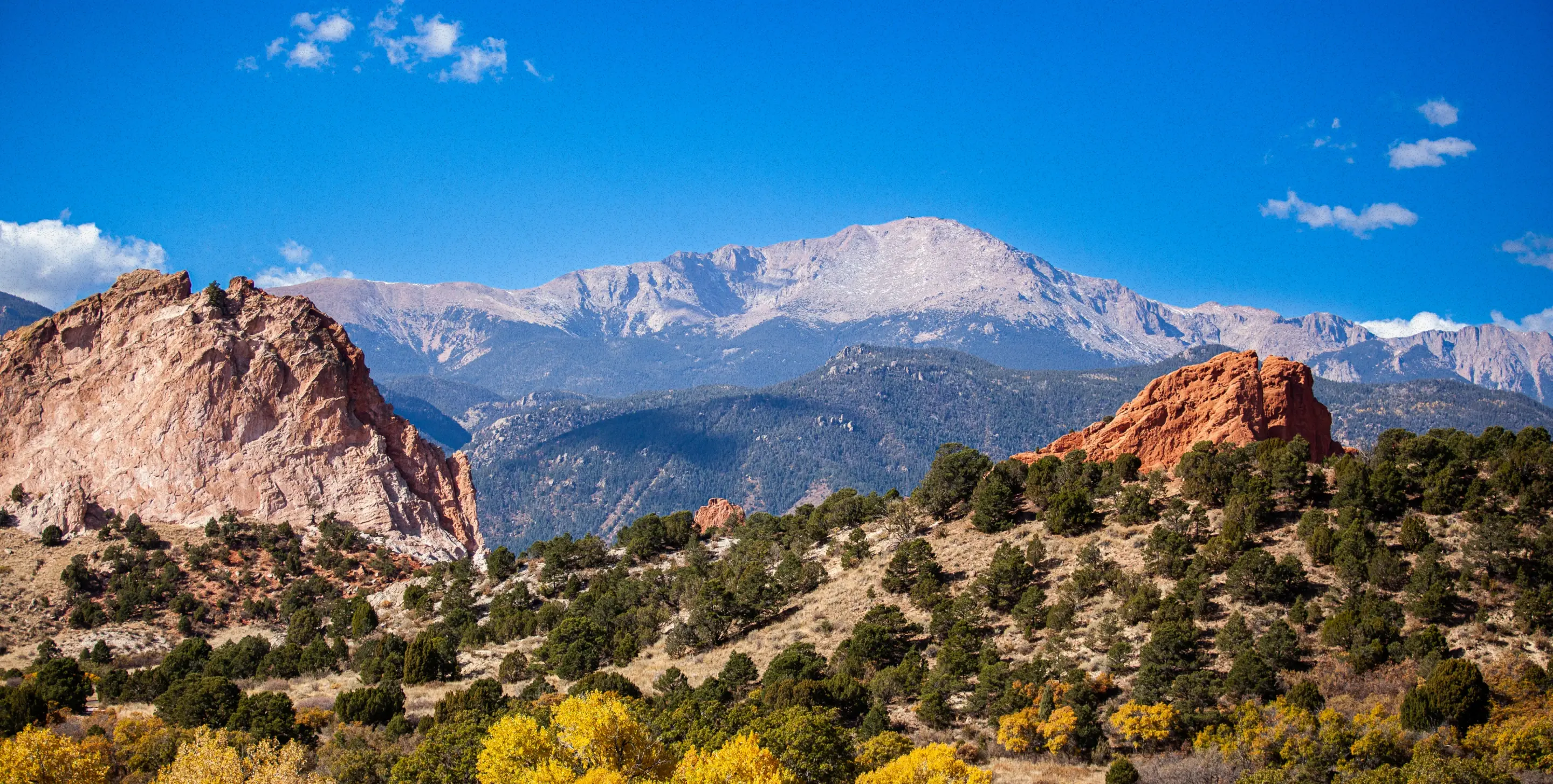The natural gas journey to your home requires reliable pipelines and infrastructure. Underground mains and service lines are one of the safest means of distributing natural gas to you. Natural gas is safe when used correctly, but may become dangerous and deadly when it leaks or doesn't combust properly in appliances.
Remember the 3 S's
- Sight: Dead vegetation or bubbling water near your natural gas meter.
- Smell: Rotten egg or skunk odor
- Sound: Hissing
Because natural gas is odorless, we add an odorant called mercaptan that has a distinctive smell, which most people associate with rotten eggs or skunks.
How to detect a natural gas leak
- Rotten egg or skunky odor
- Dead vegetation above a buried gas line in an otherwise green area
- Bubbles above a buried gas line after watering or rain
- Dirt or dust blowing from a hole where a gas line may be exposed
- Hissing sound near a gas line or gas appliance in conjunction with a rotten egg odor
- A natural gas meter dial that continues to move after all natural gas appliances and equipment have been shut off
If you suspect a natural gas leak
- Leave the area immediately and call 911 or (719) 448-4800. Use a neighbor’s phone if needed.
- Do not return until the area is declared safe.
- Don't stop to open a window.
- Don't touch anything that might create a spark. Some ignition sources include telephones, cell phones, pagers, light switches, garage door openers, flashlights, vehicles and other running equipment.
- Stay away from carpeted areas to avoid sparks of static electricity.
Our utility service specialists will respond to indoor natural gas odor complaints, while our leak search technicians will respond to outdoor natural gas odor complaints. Because we care about the safety of our customers, there is no charge for this service.
Summer safety tips
In the summer, natural gas is commonly used for grilling, fire pits, outdoor heating on chilly evenings and more. Use natural gas safely with these tips.
- Plan ahead and contact 811 at least three days before any digging project to have your utility lines marked for free.
- Inspect outdoor natural gas appliances for damages or leaks before you light them.
- If the weather is bad, do not operate gas powered equipment indoors. Generators and grills produce deadly carbon monoxide and should not be operated inside.
- Always store gas cylinders outdoors in well ventilated areas away from direct sunlight and sources of heat.
- Before leaving for vacation, ensure all gas appliances are turned off and pilot lights are extinguished.
Appliance check
An easy way to tell if natural gas appliances are adjusted properly and getting enough oxygen is to check the color of the flame. The flame should be about 90% blue. A yellow flame indicates the appliance isn't working right and could be giving off harmful fumes. Remember, not all problems with natural gas appliances will have the symptom of a yellow pilot light - and not all pilot lights are visible.
Safety tips
- Keep all natural gas appliances clean and properly vented.
- Never cover fresh air vents that supply air to your appliances.
- Schedule periodic line inspections with a licensed contractor.
- Do not store any flammable materials in or near the natural gas appliances (Don't use the oven as a storage area).
- Never use your oven or stove top to heat your apartment or dry your clothes.
- Keep the area around your furnace and water heater clear.
- Never leave any food unattended while it's cooking.

